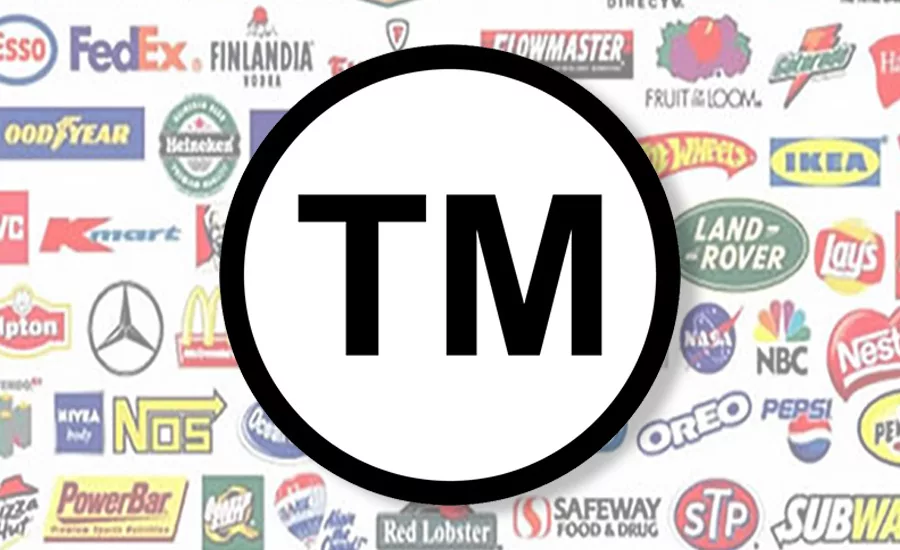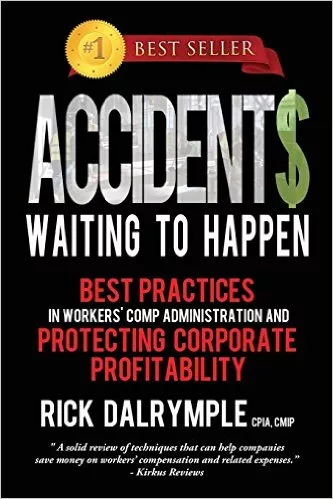Legally Speaking
Why Trademarks Matter in Roofing
The importance of protecting a roofing company's brand and reputation can't be overstated.

Bryan Gottlieb/Roofing Contractor | Elements: Weebly
In the highly competitive and increasingly brand-driven roofing industry, the importance of protecting one's business identity through intellectual property rights cannot be overstated. Among these rights, trademarks serve as a critical tool for roofing contractors who wish to safeguard the reputation, recognition, and goodwill associated with their services.
What is a trademark?
In legal terms, a trademark is any text, design, or symbol that distinguishes a company's good or services. For roofing contractors, a trademark might include the company’s name, logo, slogan, or other unique branding elements that customers associate with the contractor. The primary legal function of a trademark is to prevent customer confusion and ensure that consumers can identify the origin of a good or service.
Without a federally registered trademark, a contractor’s ability to protect its brand is significantly diminished. While some common law rights may accrue through the use of a mark in commerce, these rights are limited in geographic scope and can be difficult to enforce. By contrast, federal trademark registration with the United States Patent and Trademark Office (USPTO) provides an exclusive right to use the mark nationwide with the registered goods or services and a presumption of ownership.
Checking the USPTO Database and the Trademark Process
Before adopting a brand identity or investing in advertising, signage, and digital presence, it is imperative for a roofing contractor to conduct a comprehensive trademark clearance search. The USPTO maintains a publicly accessible database, the Trademark Electronic Search System (TESS), which enables businesses to search existing federal registrations and pending applications (www.uspto.gov). This preliminary step helps identify potential conflicts and reduces the risk of future litigation or rebranding.
Contractors may seek trademark protection for various elements of their brand, including but not limited to the business name, a stylized logo, or a distinctive tagline. It is important to note that protection is only granted to marks that are distinctive and not merely descriptive or generic. Once a mark is deemed eligible, the applicant must submit a detailed application to the USPTO, specifying the nature of the mark, the goods or services with which it is used, and the basis for filing.
Assuming no objections or oppositions are raised, the trademark will be published, and if there are no challenges, it will proceed to registration. Upon successful registration, the owner gains the right to use the ® symbol, denoting federal protection, and is entitled to a range of enforcement mechanisms. These include the ability to bring a trademark infringement action in federal court, the right to block the importation of infringing goods through U.S. Customs and Border Protection, and the benefit of enhanced remedies such as statutory damages and attorneys’ fees in cases of willful infringement.
Legal Enforcement of Trademarks
In practice, a registered trademark serves not only as a legal asset but also as a strategic business tool. It enhances the company’s credibility, increases its value in the eyes of investors and acquirers, and provides a foundation for franchising or expansion. Perhaps most importantly, it serves as a deterrent to competitors who might otherwise attempt to capitalize on the brand recognition a contractor has spent years building.
Roofing contractors should be mindful that the registration of a trademark is only the beginning of a broader brand protection strategy. Trademark owners must actively police their marks, monitor for potential infringement, and take appropriate legal steps to enforce the trademark when necessary. Failure to enforce your trademark rights can result in weakening or even losing your trademark protection.
Obtaining a federal trademark is a smart and often critical step for roofing contractors who want to protect their brand, preserve their reputation, and maintain a competitive edge in the industry. While you can apply for trademarks through USTPO, if issues arise, it may make sense to retain legal counsel to navigate the complexities.
The information contained in this article is for general educational information only. This information does not constitute legal advice, is not intended to constitute legal advice, nor should it be relied upon as legal advice for your specific factual pattern or situation.
Trent Cotney is a partner and Construction Team Leader at the law firm of Adams and Reese LLP and NRCA General Counsel. You can reach him at trent.cotney@arlaw.com or 866.303.5868.
Looking for a reprint of this article?
From high-res PDFs to custom plaques, order your copy today!








